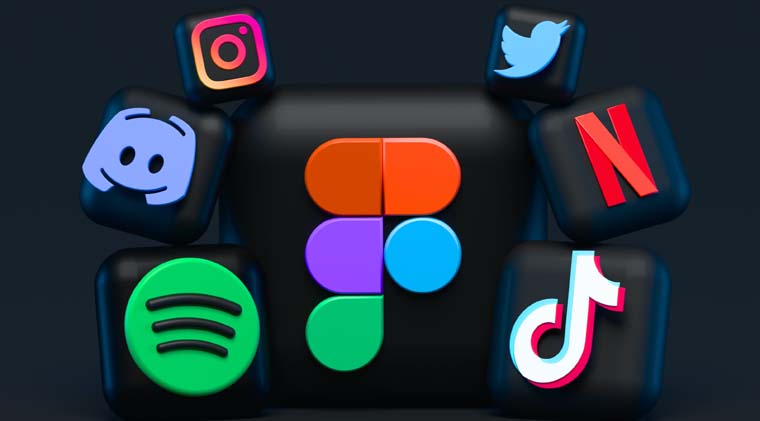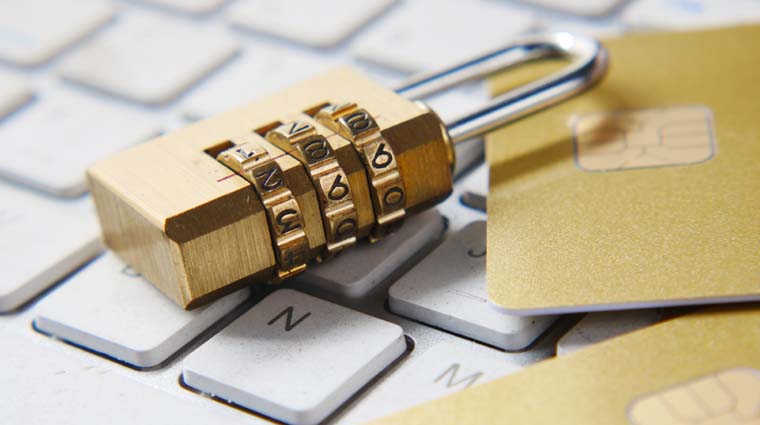
Today a lot of people are happy to share their lives on social media. It is so tempting to get views, likes, and reposts. Social media can take a lot of time and consume a big portion of one's day when not managed properly. But the addictive nature of it is not the only problem. Another one is privacy and data security.
The default setting of all social media platforms is creating a public account. Several significant risks come with such a decision, so it is important to keep your accounts private. Let's discuss those risks and reasons to protect your online presence.
The Oversharing Problem
It is a common problem for many users, whether they are underage, professionals, or students. The internet gives an illusion of freedom, anonymity, and safety. As a result, some might feel too comfortable sharing their daily life, troubles, and emotional responses.
It can be a way to get support or response from others. However, many things are better left out of the net. And in the majority of the cases, you won't get the help you need.
Going directly to professionals is better than oversharing on your account. The same goes for personal and emotional turmoil. It is better to leave that for a close friend or therapist than an angry post. You might regret what you've written, and the internet never forgets.
Even if you delete the post and the account, the data is still out there. Nothing can be truly erased from the internet. This fact alone should make one more cautious about what they put out there.
The signs of oversharing are:
- Posting personal information like name, address, and job title;
- Checking in everywhere you go;
- Venting out your emotions, especially with naming other people;
- Posting sensitive or intimate content about relationships, friendships, relatives, or other personal matters;
- Writing about what you are doing several times a day;
- Uploading photos and videos that should be private.
It is easy to post something, but it is impossible to get rid of it. Before putting anything out there, think of whether you would like it in 5 years.
Reasons to Keep Your Social Account Private
Of course, there are some cases when one needs a public presence. For instance, if you are a social activist, political figure, business owner, or artist looking for recognition. However, all of these options have to do with the professional use of the platforms.
When it comes to personal use, it is always better to keep things private because of several important reasons.
Stalking
Stalking happens not only to celebrities or widely-known people. It can happen to anyone. When your information is available, stalkers can find out your schedule, where you go, and where you live. And normal people do not have the same means of protection as celebrities.
Some might not even realize how easy it is to find a person through their social media and resources like Google Earth. Stalking is a serious and dangerous issue that may result in tragedy. So it is a great reason to keep strangers and harmful people away.
Identity Theft
Another huge risk is identity theft. To commit fraud, one might use the data available on your account. It can be:
- Full name;
- Date of birth;
- Current address or residence;
- Phone number;
- Email.
In many cases, thieves will also need a social security number. But all other information is easily available on social media for them.

Social Profiling
It is not a rare practice for potential employers to scan your social media to get a better idea of them as a person. Social profiling is done by recruiters, business partners, potential clients, or partners.
In a way, these platforms serve as your digital resume or representation. One might be cautious of what they can reveal. For instance, if you make 25 tweets in a day while at work, a potential employer might think of you as irresponsible. You need to be doing your job instead of being online.
Or, if you vent too much about the company you work with, it shows a lack of work ethic and can be a red flag for other businesses. There are people out there that will report something to your boss just because they can. So it is better to eliminate such risks by blocking content from unknown users.
In many cases, even the simplest things can ruin the potential employer's perspective on you. And this leads to decreased career opportunities. As a result of social profiling, one can get a refusal on their loan or even be denied from entering an airport.
Blackmail
Anything you post online can be used against you. It can be an angry tweet or an unedited Instagram post you do not give too much attention to. But in the wrong hands, it can be a way for criminals to get to you.
Sure, one might say that the solution is not to post anything of sensitive nature. But everyone makes mistakes. People's careers get ruined by 10-year-old tweets sometimes. In some cases, it might be deserved, but the risk is there anyway.
Social Boundaries
Social boundaries are important not only for face-to-face communication. Digital space has the same rules. When you open your profile, anyone can come in the comment section and put their unrequested opinion there. Whether they are trolls, angry people, or ex-friends, they can hurt your feelings, damage your reputation, and ruin the day.
Sometimes these can be other users that simply do not share the same lifestyle. They can get upset with something and make it your problem. Privacy helps all users to mind their own business and not interfere with others.
Control Over Your Life
Privacy gives all the control in your hands. You get to decide what you share and with whom you share. You can filter out all negative or unwanted attention. And you are in control of your online persona and how it is presented.
In the same way, you wouldn't walk the streets telling everyone about your relationships; you shouldn't make it public on the internet.
In Summary
No matter how tempting it is to make your personal accounts public, there are too many risks. The internet remembers everything and gives other people access to what they should not know about. From data breaches and ,a href="/identity-theft">identity theft to social profiling, one can regret not protecting their data.
And privacy helps establish healthy social boundaries as well as manage social media in a more responsible way.
Share this post
Leave a comment
All comments are moderated. Spammy and bot submitted comments are deleted. Please submit the comments that are helpful to others, and we'll approve your comments. A comment that includes outbound link will only be approved if the content is relevant to the topic, and has some value to our readers.


Comments (0)
No comment